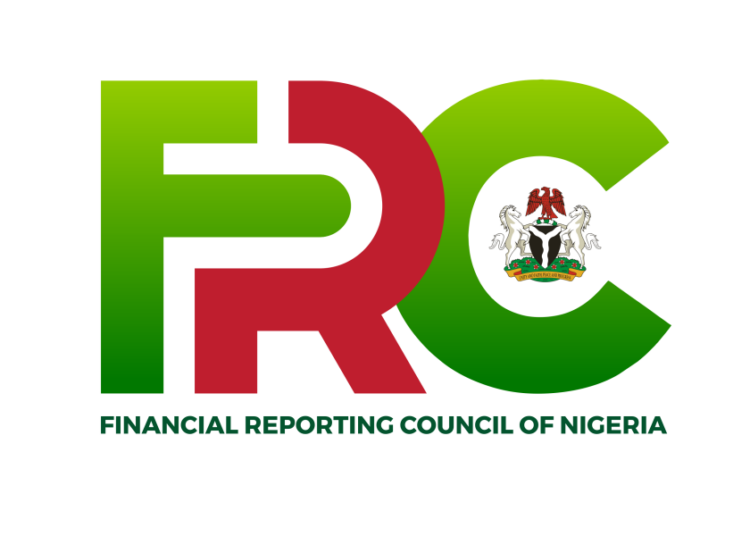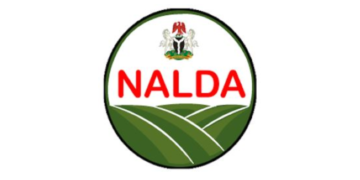The Financial Reporting Council of Nigeria has said the country is not experiencing hyperinflation and thus there is no need for entities to apply International Accounting Standards (IAS) 29 in the preparation of financial statements for the 2024 financial year.
The IAS 29 is a reporting standard that prescribes rules for financial reporting for companies that use the currency of a country with very high inflation as their main currency for business operations. According to the executive secretary and chief executive of the FRC, Dr. Rabiu Olowo, there is no need for companies to apply the IAS 29 as its surveys had shown that the country is not in hyperinflation.
Olowo said the council, having engaged various stakeholders such as the professional accounting bodies, external auditors, government regulatory agencies and public interest entities, had concluded that “Nigeria is not yet a hyperinflationary economy.”
He noted that there had been an evaluation of the five indicators of the economic environment of a country as stipulated in IAS 29 to determine the relevance and applicability of the standard in Nigeria in light of the inflationary trend in the country but found that the country met only one of the five.
The IAS 29 assessment indicators stipulate that an it can be applied when “the general population prefers to keep its wealth in non-monetary assets or in a relatively stable foreign currency. Amounts of local currency held are immediately invested to maintain purchasing power; the general population regards monetary amounts not in terms of the local currency but in terms of a relatively stable foreign currency.
“Sales and purchases on credit take place at prices that compensate for the expected loss of purchasing power during the credit period, even if the period is short; interest rates, wages and prices are linked to a price index; and the cumulative inflation rate over three years is approaching, or exceeds, 100 per cent.”
According to the assessment of the FRC, only one of the five has been met by the country. FRC’s analysis of these indicators for Nigeria was that, “the general population prefers to keep its wealth in non-monetary assets or in a relatively stable foreign currency.
Amounts of local currency are immediately invested to maintain purchasing power.
“Data from the National Pension Commission shows that the Nigerian pension assets which are predominantly held in monetary assets have also continued to increase. The pension assets totaled N22.25 trillion as at November 2024 compared to N18.35 trillion as at December 2023. The currency in which most of these non-monetary assets is denominated is in the Naira. There is no rejection of the local currency as a medium of exchange in Nigeria as the Naira still serves as its base currency for all transactions.
Olowo furthered that there is no indication that the general population prefers to keep its wealth in non-monetary assets or in any other relatively stable foreign currency. “Data from the Central Bank of Nigeria (CBN) and the financial statements of Nigerian financial institutions continue to show that investment in monetary assets such as treasury bills, mutual funds, fixed and current deposits and other short-term monetary assets have been increasing over the last three years.
“Following from our review of the financial statements and other relevant documents of reporting entities in Nigeria, our understanding from business entities in Nigeria is that they offer credit terms to their customers based on the terms of the contract, the risk appetite of the business and the risk profile of the customer.
“Based on our consultations, we know that expectations on inflation or speculations do not drive the pricing of goods and services. We have considered other relevant factors that have significant impact on the Nigerian economy.
“The structural reforms implemented by the present government have led to short-term economic shocks and do not necessarily translate to a hyperinflationary situation. These reforms including the floating of the naira and ending fuel subsidies led to month-on-month inflation. “
Data by the National Bureau of Statistics (NBS) put Nigeria’s inflation at 34.8 per cent. The International Monetary Fund is projecting that inflation in the country is set to average 21 per cent this year as the federal government is targeting 15 per cent.





